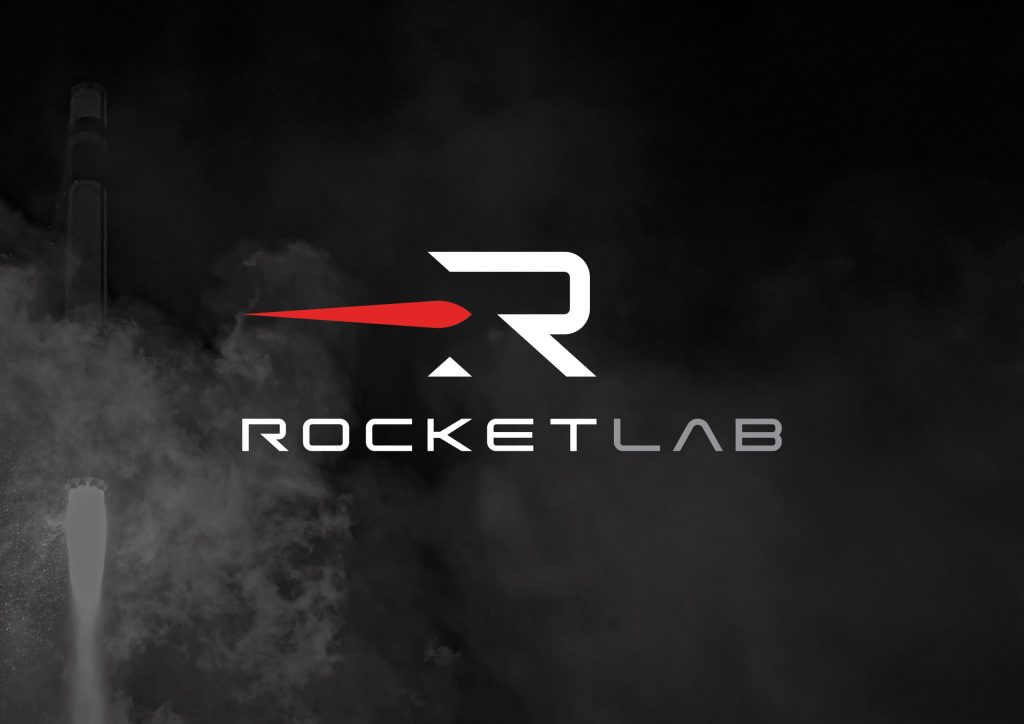Rocket Lab confirms D2C ambitions
April 23, 2025

New Zealand-based (but Nasdaq-listed) Rocket Lab has confirmed that it intends attacking the Direct-to-Consumer market currently dominated by Elon Musk’s SpaceX and its Starlink broadband system.
Rocket Lab, founded by Sir Peter Beck, has recently unveiled its ‘Flatellite’ satellite, which it claims will deliver a long life in orbit and low-latency, with high-speed connectivity and remote sensing capability for national security, defense, and commercial markets.
“And it’s more than just a new product developed to serve our customers’ ever-evolving needs. It’s a bold, strategic move toward operating our own constellation and delivering services from space,” says the company.
But Rocket Lab hasn’t just Musk and Starlink in its sights, it will have to compete head-to-head with billionaire Jeff Bezos and his Kuiper broadband offering (and the first Kuiper satellite is due to launch next week), as well as AST SpaceMobile, Lightspeed from Telesat (which is initially targeting enterprises and governments), and the existing systems from Apple/Globelstar, well-established players such as Iridium (due to start its own D2D tests this summer) as well as a scheme from Lynk Global (in which SES has a stake) and Eutelsat’s OneWeb.
Rocket Lab has stressed that it is an ‘end to end’ space company, with the ability to build and launch rockets, to build and supply at scale its satellites and now confirming that it is working to delivering its own applications from space. Rocket Lab says its project is “A bold, strategic move toward being a truly end-toend space company operating our own constellation and delivering services from space.”
However, there is a potential risk in the form of a shareholders Class Action, with April 28th as the deadline for investors. The Action alleges that “Rocket Lab and certain of its senior executives failed to disclose to investors that: (1) the Company’s plans for three barge landing tests were significantly delayed; (2) a critical potable water issue was not scheduled to be fixed until January 2026, delaying the preparation of Neutron’s launch pad; (3) as a result, there was a substantial risk that Neutron would not launch in the middle of 2025; (4) Rocket Lab’s only contract secured for Neutron was significantly discounted, with an unreliable partner; and (5) that, as a result of the foregoing, Defendants’ positive statements about the Company’s business, operations, and prospects were materially misleading and/or lacked a reasonable basis.”
Class Actions have a habit of evaporating, but one can never assume this.
Rocket Lab’s VP Richard French recently spoke to Aviation Week,saying: “What Flatellite provides is an elegant solution for large-aperture systems, without the need for deployable [antennas], and so 5G NTN (non-terrestrial network) is a great example of a commercial application. That’s what’s exciting about that opportunity. This is an eminently scalable consumer application. We’re seeing that a lot of the minimum viable constellations are in the 150 to 200-satellite range. So yes, you don’t need mega-constellations to address this 5G NTN opportunity.”
Other posts by :
- Russian satellite tumbling out of control
- FCC boss praises AST SpaceMobile
- Rakuten makes historic satellite video call
- Turkey establishes satellite production ecosystem
- Italy joins Germany in IRIS2 alternate thoughts
- Kazakhstan to create museum at Yuri Gagarin launch site
- AST SpaceMobile gets $42 or $1500 price target
- Analyst: GEO bloodbath taking place
- SES AGM results: Appaloosa still objecting
